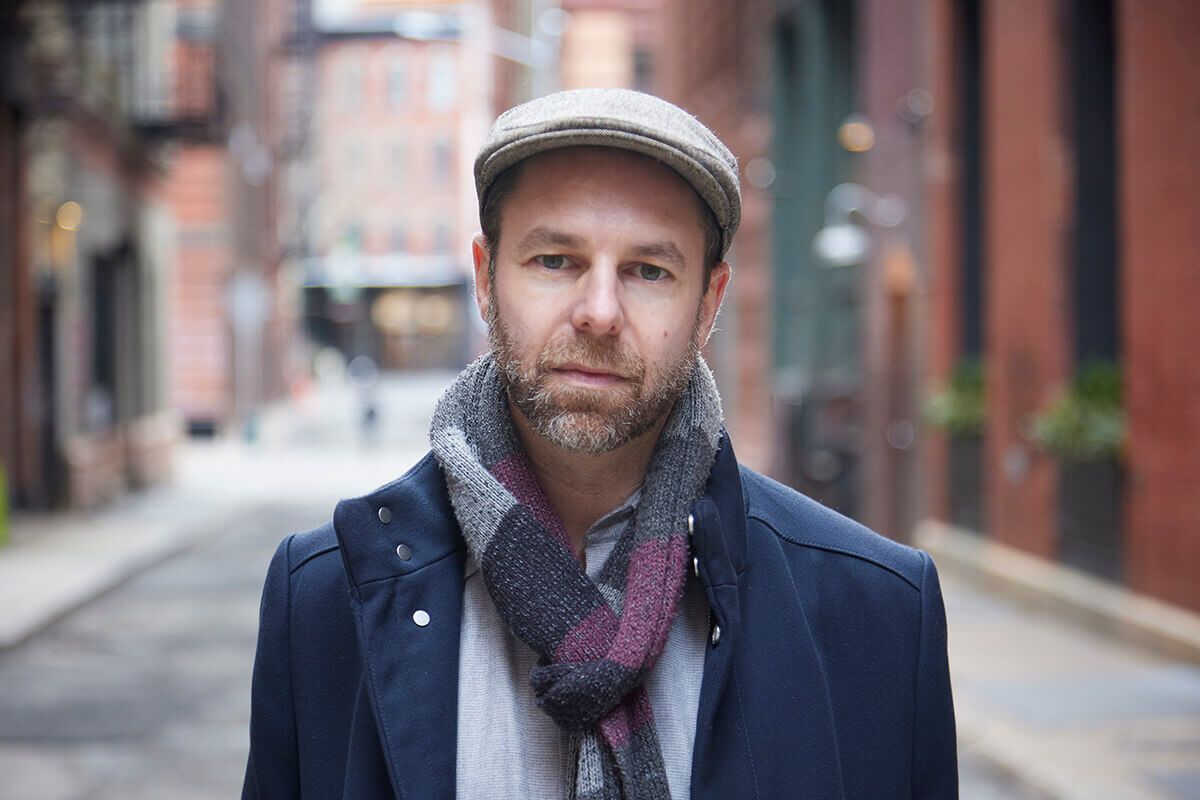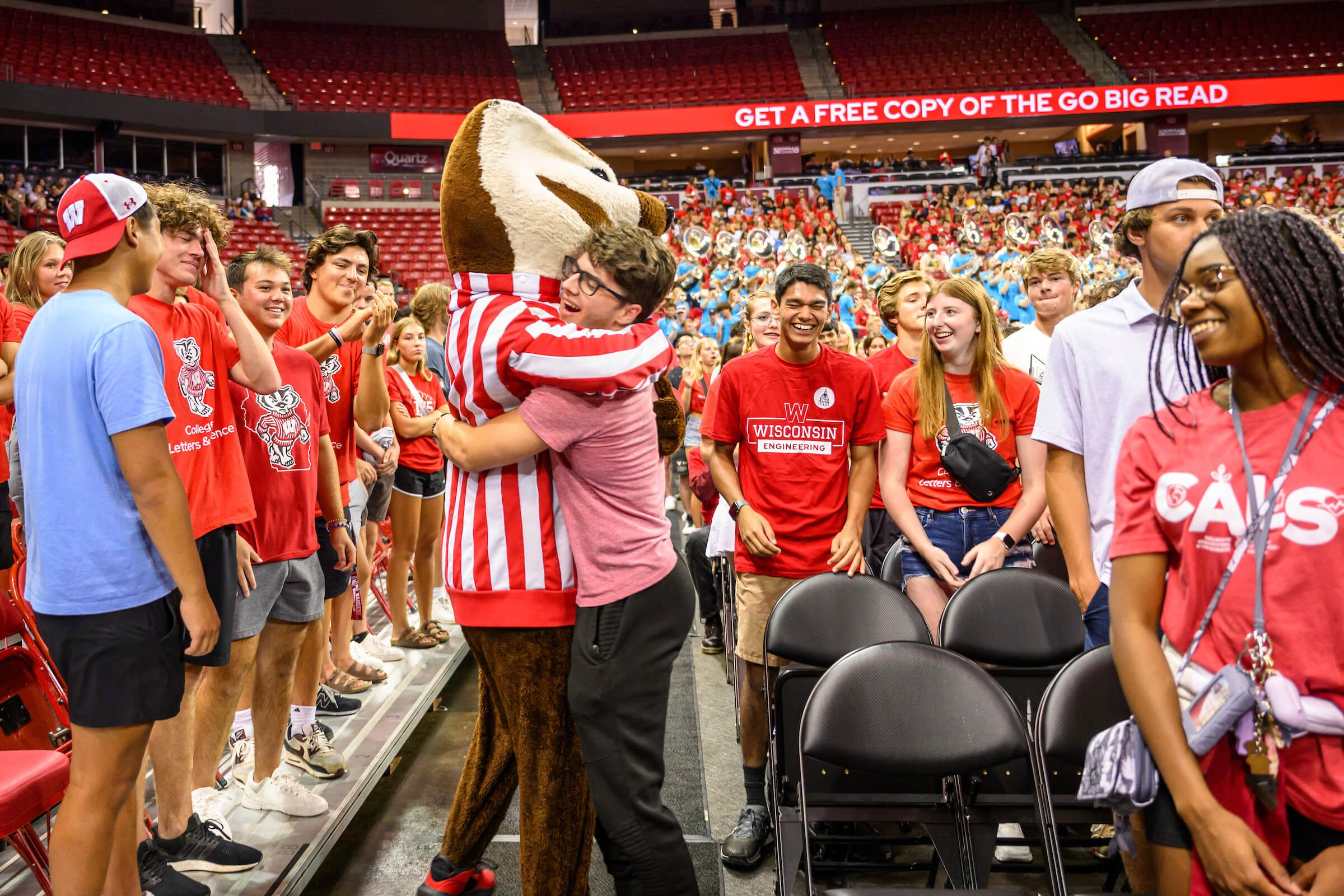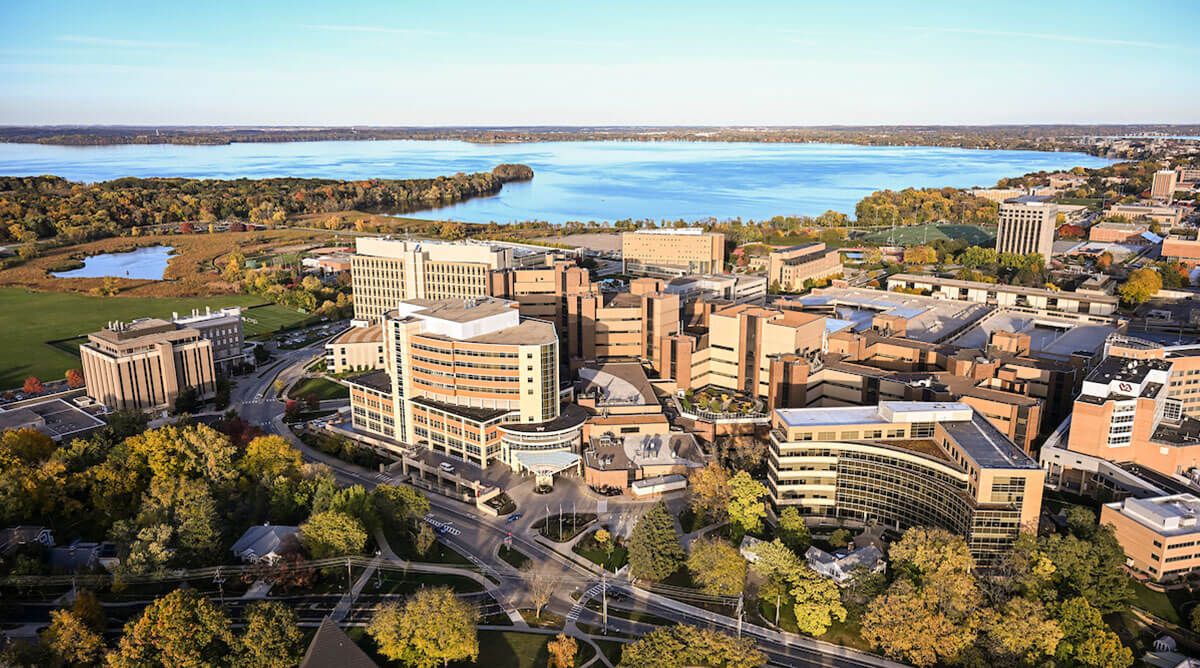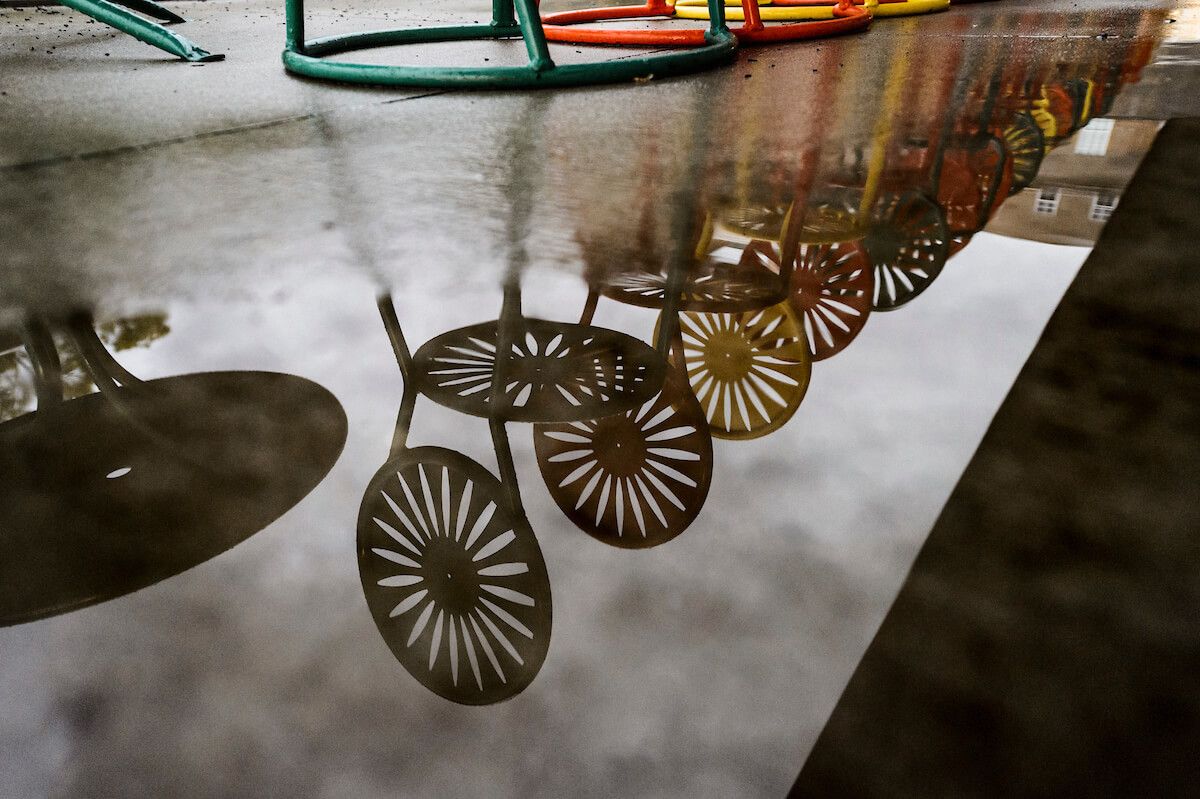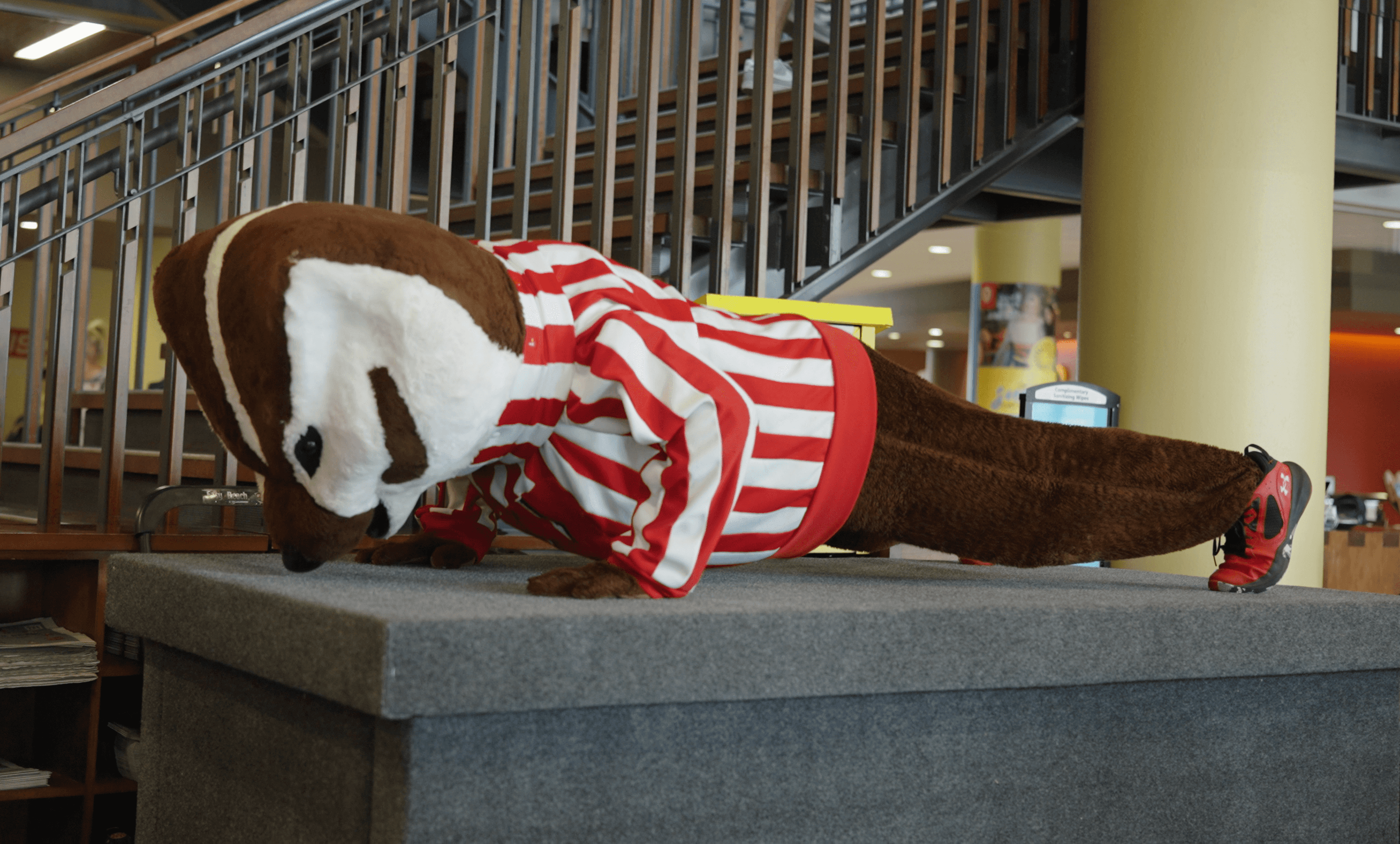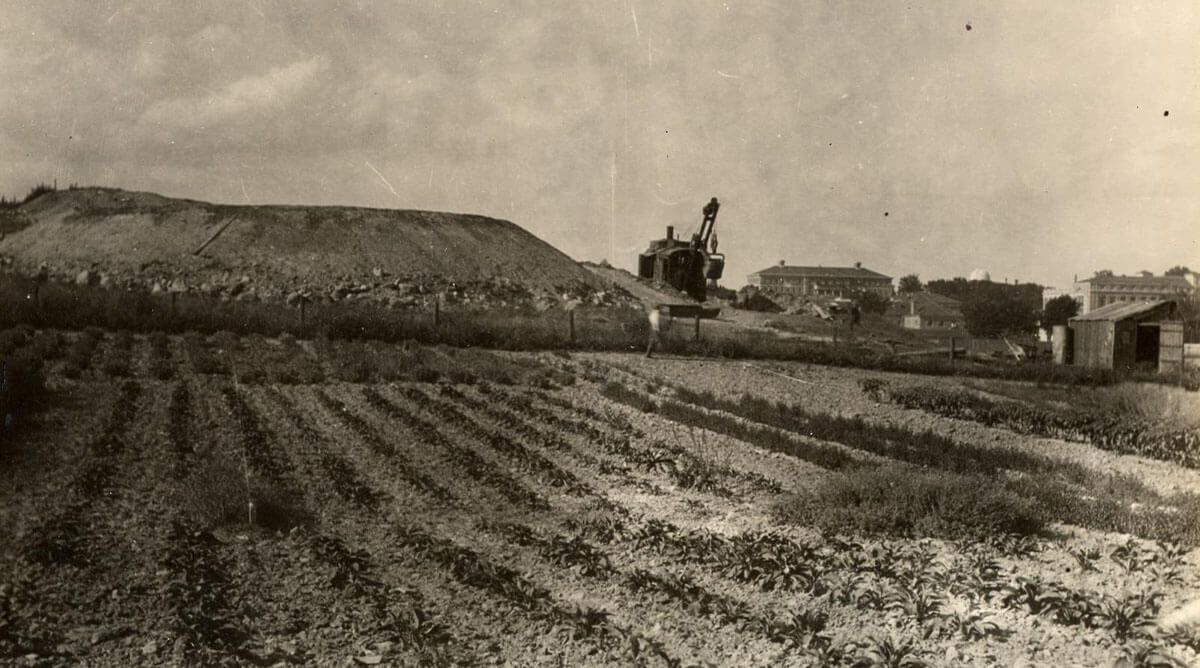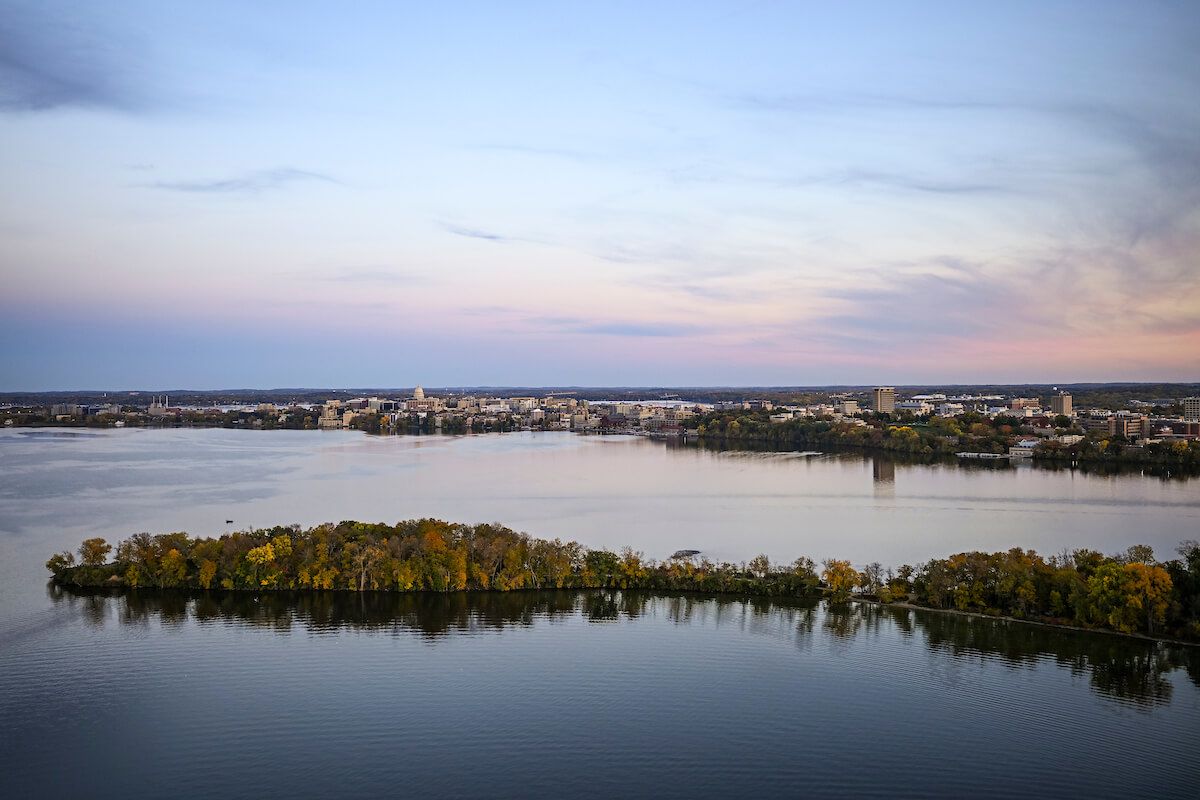Wayne Valliere sees the value that UW–Madison brings to his community in helping to preserve Native American culture while improving health.
Valliere has worked with Tim Frandy, an outreach specialist at the Collaborative Center for Health Equity at the UW–Madison School of Medicine and Public Health, on innovative approaches to improve Native American health.
The effort has centered on the Lac du Flambeau Band of Lake Superior Chippewa, or Waaswaaganing Anishinaabeg.
The pair began by working to expand the Ojibwe Winter Games and the idea that culturally relevant knowledge could be used to improve the health and well-being of Native American children. Their work expanded into a number of community projects.
As part of the effort, Frandy and Valliere helped middle-school students build a birch-bark canoe. They harvested trees and eventually launched the vessel in Madison’s Lake Mendota.
Our partnership with UW–Madison is mutually beneficial and a win-win for both communities.
The holistic health effort aims to have children bond with their culture and their elders, understand harvest rituals, and develop problem-solving skills. Valliere and Frandy are partnering with the Lac du Flambeau Public School to organize more cultural projects, such as building canoes and wigwams, and encouraging more family engagement at the school.
“Our partnership with UW–Madison is mutually beneficial and a win-win for both communities,” says Valliere. “The university has been a great partner in all of our work, from writing grants to helping with implementation of our programs, to documenting the work we are doing and pushing the effectiveness of culturally responsive programs out to a wider audience.”
That approach was recognized in 2015 when the Robert Wood Johnson Foundation presented the tribe with a Culture of Health Prize. The award will help expand the effort to boost health through culture.
“Our young people are being exposed to some of the many good people at the university, and they’re learning that they don’t have to give up their Anishinaabe identity to get an education,” Valliere adds.

